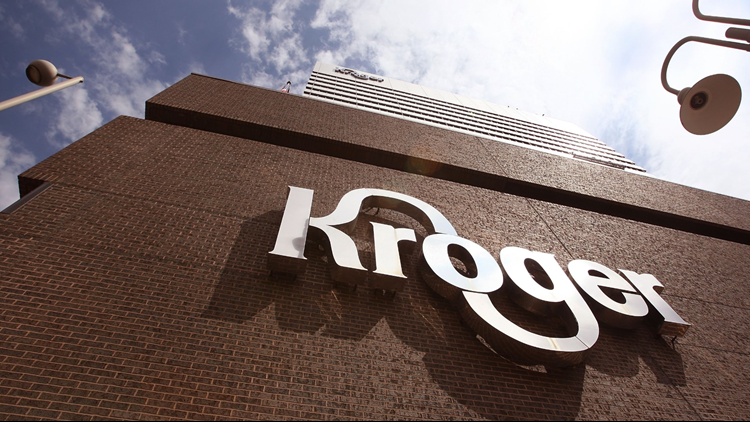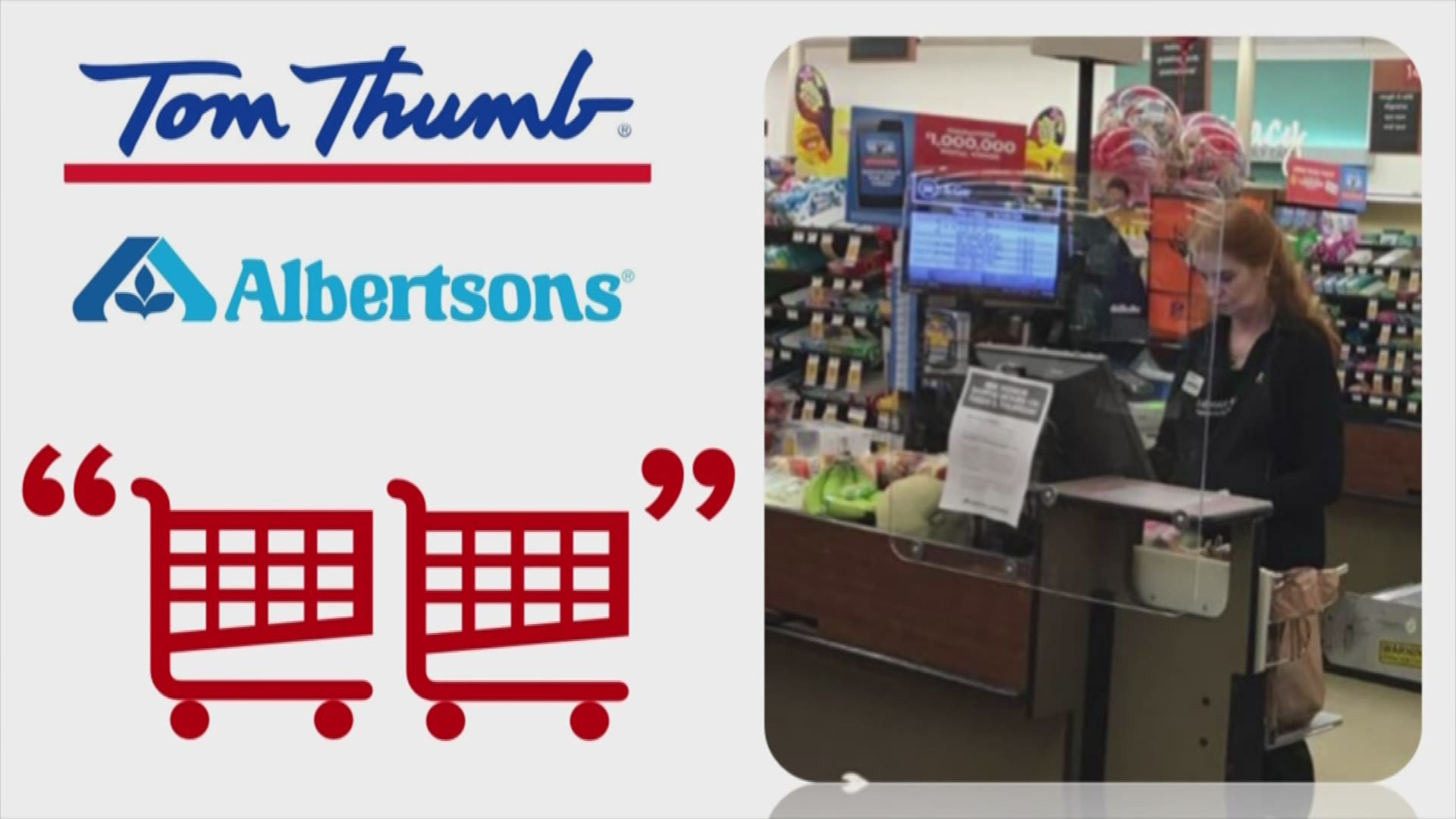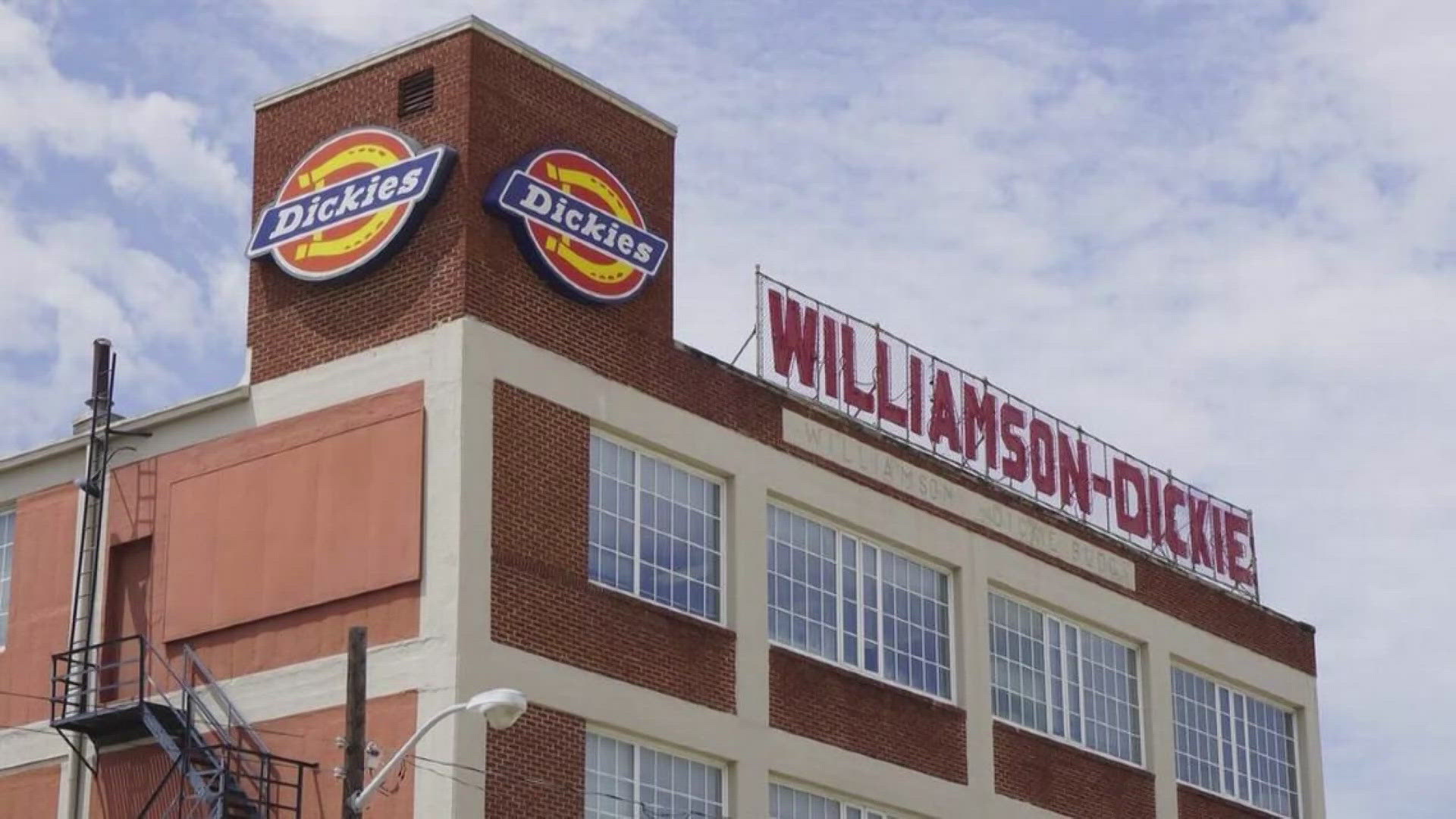Kroger added nearly 5,000 employees in Dallas-Fort Worth over the past two months as the grocer strives to keep up with growing demand for its ecommerce business.
The additional hires give Kroger Co. (NYSE: KR) approximately 15,000 employees in North Texas, where it operates 90 stores, according to April Martin, spokesperson for Kroger's Dallas Division.
"We hired across all of our departments, including warehouse operations and ecommerce clerks," Martin said. "With such an incredible response and volume of applications, we are no longer seeking new hires at this time."
Martin declined to say what the breakdown between full-time and part-time employees was for the 5,000 additions but said many of the employees came from hard-hit sectors, such as restaurants, hotels and foodservice distributors, that are reeling from the economic impact of COVID-19.
RELATED: Layoffs, supply chain logjams and Best Buy runs: DFW manufacturers combat COVID-19, chart recovery
Like other grocers across the country, Cincinnati-based Kroger is seeing surges in-store traffic as restaurants are closed due to varied stay-at-home orders and more people are cooking from home. Sales at Kroger nationwide, excluding fuel, rose 30 percent in March, the company said.
Kroger has seen higher demand for items like toilet paper, sanitizer products, rice, baking goods and pasta. Like other retailers throughout the country, the company is working to make sure it has enough hand sanitizer for customers.
"We are engaging with a diverse pool of alternative supplier sources, including breweries and distilleries, to help meet the demand our customers and supply our store teams with sanitation resources," Martin said.
Products that have seen demand wane include those in produce, bakery and deli sections. Consumer habits have not differed greatly in North Texas compared to the rest of the nation, Martin said.
She added the company has taken steps to keep employees safe, like mandating masks, installing plexiglass partitions at check-out lanes, and expanded efforts around low-contact pickup, no-contact delivery services and contactless payment methods, like Kroger Pay.




